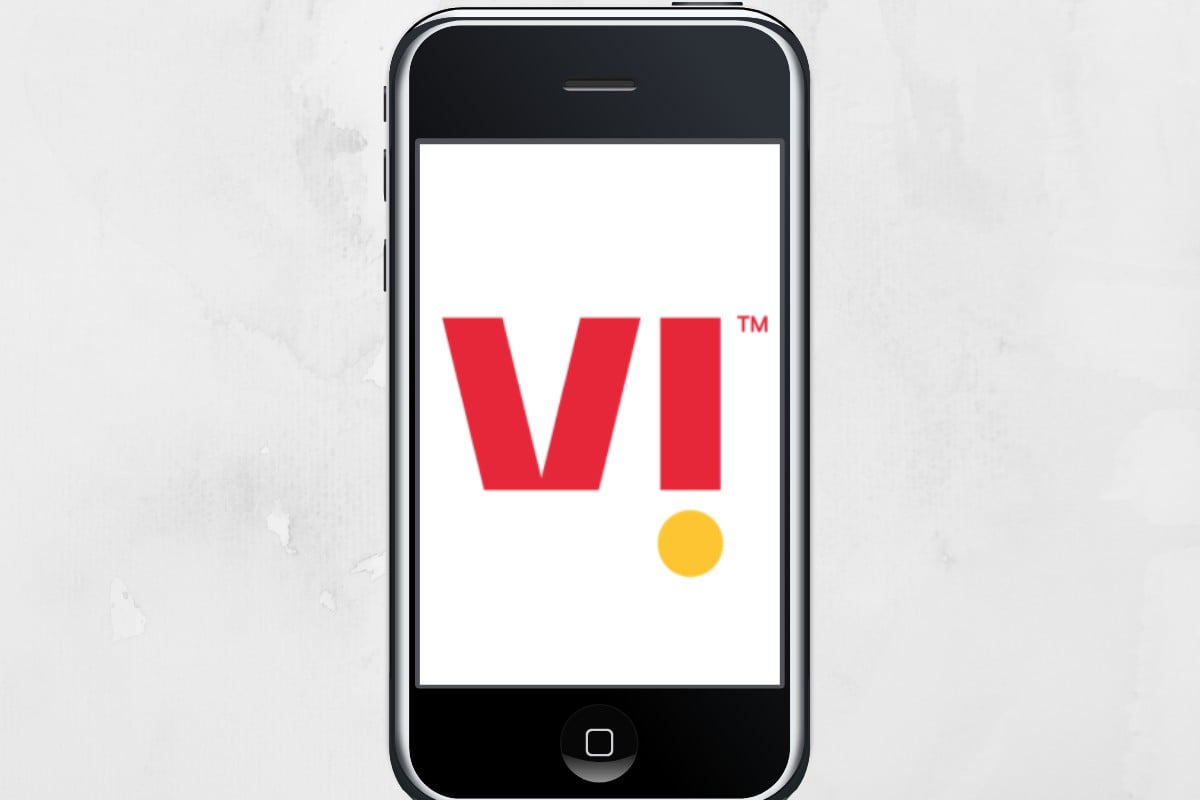
Vodafone Idea (Vi) has just announced its partnership with Cisco for boosting its 4G networks. The third-largest telecom operator of India, Vi, will be using equipment from Cisco to boost its network capacity. It is worth noting that Vi already has an impressive network capacity because of the refarming of the 3G spectrum to 4G. Now with the added capacity, Vi users will be able to connect to the internet and use data faster.
Vodafone Idea and Cisco Also Looking at 5G
Vodafone Idea and Cisco have also kept 5G in mind. Vi will be taking the help of Cisco in automating its network support to its 4G services but will also look at the 5G use cases that might develop in the future. This will ensure that every customer (enterprise and retail) gets the best quality voice calling and data experience from the network of Vodafone Idea.
Cisco and Vi are building a cost-efficient network architecture that will drive the telco to the market at a greater speed where 4G, 5G, along with the Internet-of-Things (IoT), is concerned.
Vodafone Idea to Deploy Cisco Ultra Packet Core
Vodafone Idea will be deploying the Cisco Ultra Packet Core in its network architecture. This will enable Vi to further deploying additional softwares and new applications and services, including Vo-Wi-Fi (VoWi-Fi) support.
The Ultra Packet Core from Cisco will help Vodafone Idea in enhancing its network capacity and allow the telco to offer greater performance to its customers with the help of automation and analytics. This will further result in Vi being able to reach more customers and allowing the devices to connect faster to its networks.
Jagbir Singh, the Chief Technology Officer (CTO) of Vodafone Idea, said that the company is committed to helping its customers receive seamless services empowered by an automated and intelligent network.
Adam MacHale, Vice President of EMEAR Service Provider, Cisco, said Vodafone Idea is committed to provide the best network services to its customers and bridge the digital gap that exists between the rural and the urban areas of the country. Thus, as per MacHale, this is a ‘significant' step towards India’s digital transformation journey.















